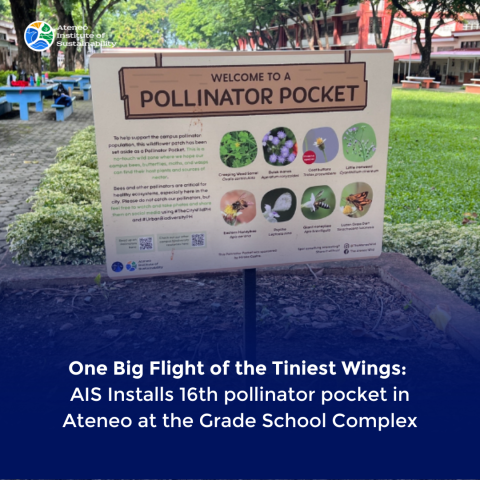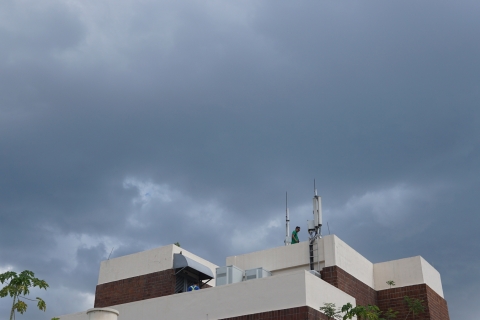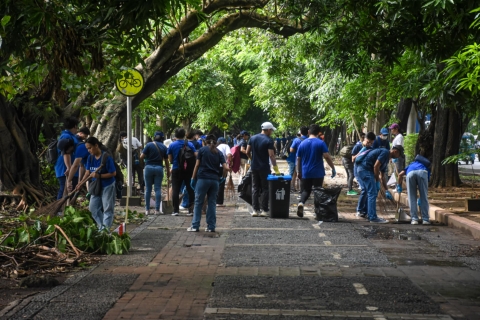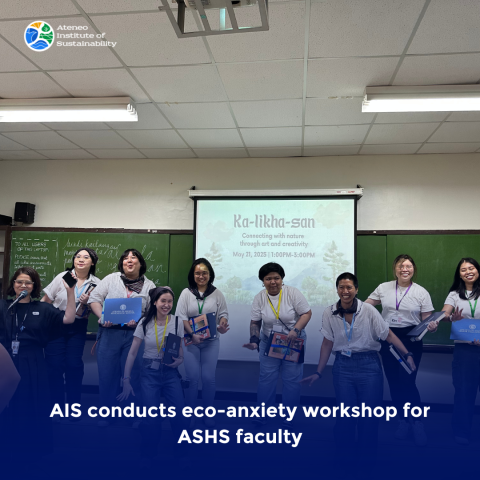Coastal Cities at Risk Philippines (CCARPH) launches its 2022-2024; 2025-2030 report
14 Oct 2024
The CCARPH project, under the Office of the Ateneo de Manila University President is led by Dr Emma Porio, professor emeritus of Sociology (Ateneo de Manila School of Social Sciences/ Manila Observatory) and supported by Maria Theresa Joy G. Rocamora, Joshua Vidal (research team).
The CCARPH project (2018-2030) aims to bridge the science-policy-practice nexus in enhancing climate and disaster resilience for coastal cities like Metro Manila, Iloilo, and Naga.
To respond to climate risks, the program adopts an integrated, interdisciplinary, and transdisciplinary approach, which it carries out through co-creation with local communities, socio-technical innovation, and cross-sectoral partnerships. The program aligns with SDGs 1, 2, 4, 5, 11, 13, and 17.
CCARPH’s Major Initiatives
CCARPH engages with the IPCC 2022 report to inform local climate adaptation strategies, ensuring that the latest global climate findings are integrated into climate resilience efforts at the local community levels. It promotes and supports integral ecology, building socio-technical partnerships across various sectors that form part of Ateneo de Manila University's Laudato Si Journey (2023-2030). The project is set to play a vital role in the University’s commitment to becoming a Laudato Si University by 2030.
Additionally, CCARPH is committed to institutionalizing and strengthening resilience, climate adaptation, and disaster at local, national, and global levels.
CCARPH’s Legacy Projects include
- Climate and Disaster Resilience Innovations Program (CDRI), is a gender and community-based resilience lab.
- Community Resilience Laboratory includes partnerships with local communities, like Buklod Tao, to implement food, energy, and water systems for climate security.
- Resilience Co-Laboratory (Manila Observatory): This collaboration fosters disaster and climate risk adaptation among vulnerable communities.
Collaborative Partnerships:
CCARPH has renewed collaborations with George Mason University, Buklod Tao Inc., and the National Resilience Council, focusing on local resilience, solar-powered water systems, and food security.
For more information see this report







